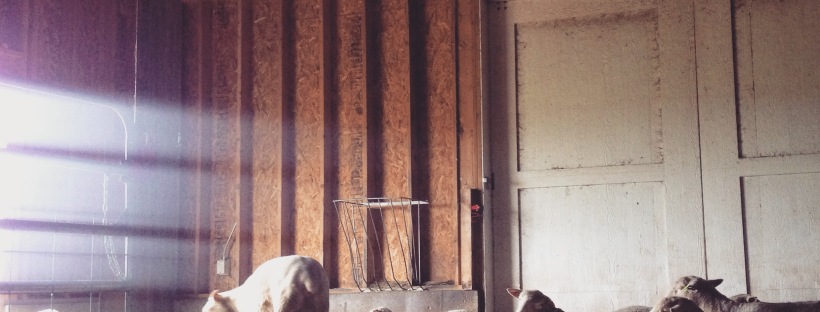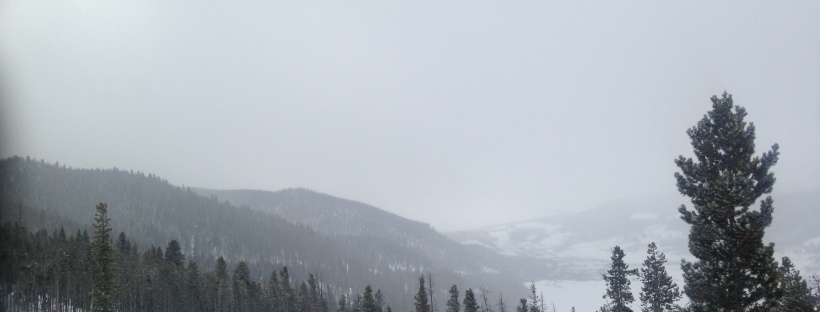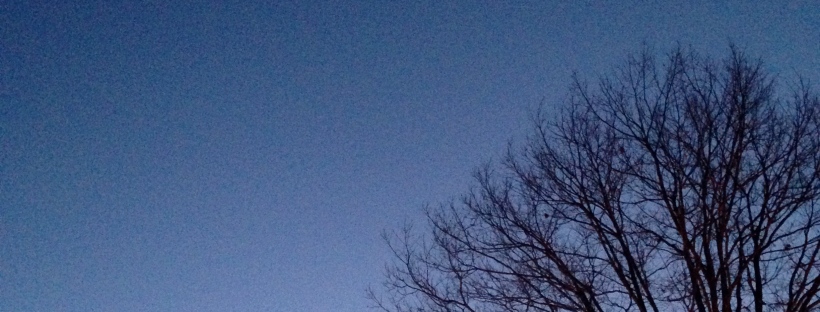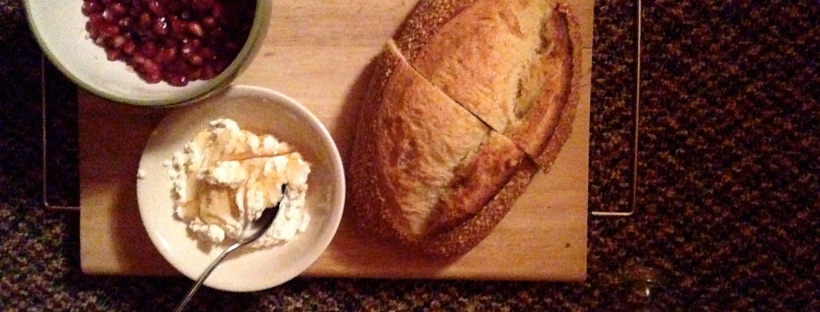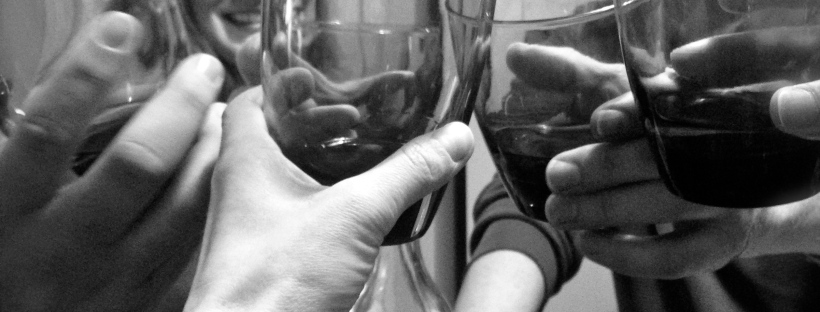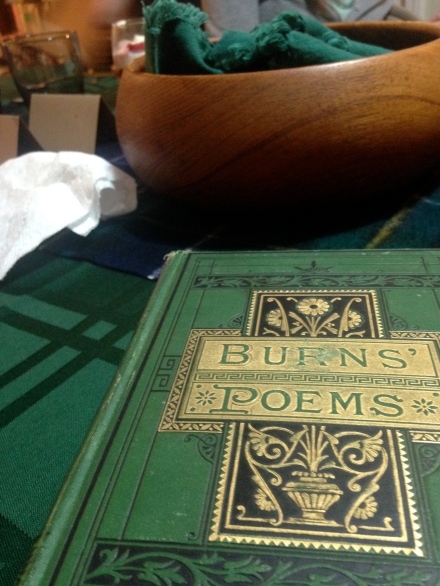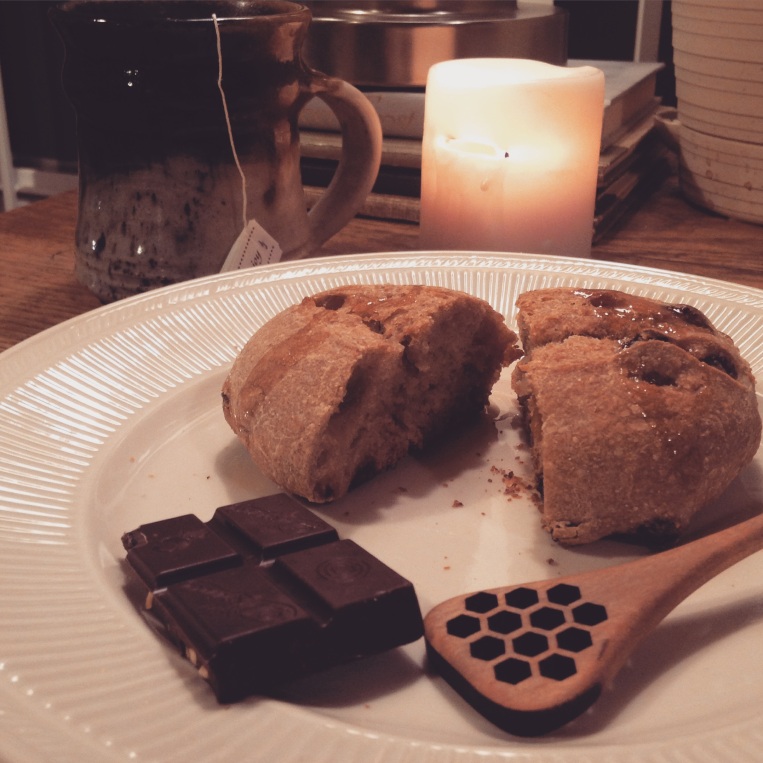This past Sunday evening I had the honor of teaching at The Well. The Well is a gathering of college students, hosted by Grand Valley State University, that takes place at a church on the west side of Grand Rapids. I’ve been interning with GVSU Campus Ministries since the beginning of October and have really come to love Sunday nights with these students. We’ve been going through the BIble, in timeline fashion, to hit the points and events that are significant to God’s relationship with us and how God’s promises are fulfilled through Christ. I requested to teach during the season of Lent and then was assigned 2 Kings 24:18-25:21. It was painfully perfect for me.
This is not an easy text to read. It’s full of horrible things that happen. The king of Judah had to watch his sons murdered before his eyes and then he, himself, was tortured. And then the entire people of Judah had to watch as their home, their places of worship, essentially everything was destroyed all around them. Could you imagine watching your home, your spaces of comfort, come crashing down? Everything you had once known to be true about your home, about your faith, about your community, about GOD, is no longer?
What happens when our very lives are shaken to the core? Where is God in all of this?
And then, after all of this destruction, the people of Judah were pushed out, forced to leave their home, pushed into a foreign land leaving everything behind. I can imagine they stood in the midst of a horrifying tension: home is no longer what we know as home, so on the one hand, what good is it to stay here? But, on the other hand, I’m sure they were terrified about the foreign land that lay before them as they were pushed into exile.
Where is God in all of this?
I think we’ve all been there. Perhaps some have experienced natural disasters that ruin our belongings and cause us to ‘start over’. Or perhaps we’ve had our lives rattled in other ways: maybe someone you love has become very ill, maybe you’re approaching the end of the college years and beginning to wonder if you even want to do what you’ve planned on all along. Perhaps you’re graduating and the next step, this new life in ‘the real world’ you’ve been encouraged to look forward to, isn’t quite panning out. You can’t find a job. You’re experiencing broken relationships, heartbreak, uncertainty about the future. We’ve all been rattled in one-way or another. And let’s be honest. It’s terrible. The people of Judah, what were they feeling during this destruction and exile? Loneliness, sorrow, confusion, disappointment, devastation, depression, rejection, loss of identity, fear?
Where is God in all of this?
I know I certainly can resonate. When I first knew I had the topic of destruction and exile and then preceded to read this account in 2 Kings, I found myself shaking my head in agreement. Yes. I know this. Unfortunately, I know this.
My experience living out west last year was incredible. I wouldn’t change a moment for anything. However, it was my first time living out of state, away from family, away from many of my close friends, what I knew to be home and community. While there, I experienced loss. Two events in once day, in fact: a broken relationship that had been invested in and expected to last much longer and about an hour after that devastating event occurred my mom called to tell me that my uncle, with whom we had been on a long, emotional journey with cancer, had passed. I felt completely helpless. A best friend I had expected to potentially marry and a man, my uncle, with whom I had shared a bond and had made plans to spend time out west. Now not here, not with us.
Though I had a few good friends (new and old) out there, the very people in which I found greatest comfort, including the person that had just ended a relationship with me, were nowhere near. That day is so vivid for me and yet such a blur. It was exhausting, sickening, lonely.
I thought moving back to Michigan to attend seminary as previously planned would be a great remedy and ‘cure’ for this heartbreak and grief. Not so. My move back ‘home’ had me in a new town, away from my closest friends, in a full load of seminary classes…this only perpetuated my difficulty. I wanted to go back to Colorado, but I didn’t want to leave my family. No place felt like home. I wanted to be nowhere and everywhere at the same time. Not what I had expected. I felt like I had been pushed into my own sort of exile.
God, this is not what I had in mind.
Some comfort came from this: God wants to hear our voice, even in the midst of tragedy, sadness, and disappointment. God’s desire is to be in relationship with us and it’s OK to be sad, it’s OK to tell God that we are hurting, confused. This is how God begins to reorient us.
A number of things have helped me walk through this time of devastation and displacement in my own life. One of those being the practice of writing lament.
Rather than try to buck up and move on, or just ‘deal with’ these tragedies, I opened the Psalms.
Roughly 1/3 of the Psalms are laments, some written by those who experienced this destruction and exile. These laments are expression of agony, heartache, and they’re written to God. It’s easy, as Christians, to think that we need to push through struggle and put on a happy face. But the reality is that we go through times of utter despair and the Psalms, and our own laments to God, are part of what being in relationship with God is about. Lament is not in opposition to faith, it’s an act of faith. It points us to God’s relationship with us and that moves us toward hope. We have permission, found even in the Psalms, to lament.
The best part about the Psalms of lament? There’s always a BUT or a YET. This is the moment that reorientation takes place.
Though my pain is unbearable, You, O Lord, are wonderful and beautiful.
We serve a God who is good, who is loving, and has our best interest at heart.
As people of God, we live in exile, BUT we don’t stay here. We have ultimate HOPE in a God who loves us and guides us and wants to reorient us toward that HOPE.
Though I have moved through a lot of the grief that comes with loss, I continue to lament and cry out to God in pain. It is the only way I feel fully honest with God and the only way for me to process my experiences. Sprinting through grief doesn’t seem to really get to the root of things. I think a slow waltz might be more appropriate.
In the midst of lament, I do my best to hold onto the morsels of hope that have been gifted to me: my loving family and friends, the many sunsets and sunrises I’ve witnessed by the lake where I live, the laughter that is often prompted by my goofy nephews.
As we continue to walk through Lent as a people of God, let us embrace permission to share in lament for what was, recognize what is, and have HOPE for what will be in the name of Christ.
